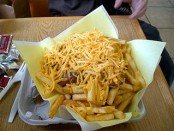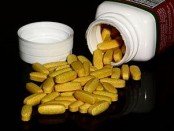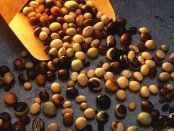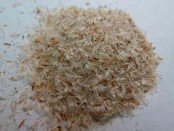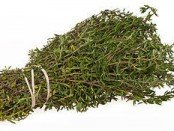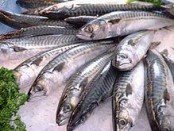Foods That Cause Constipation and Effects of Calcium
Foods That Cause Constipation The following foods tend to cause constipation: Dry foods, like crackers and morning cereals, if eaten with insufficient fluid Low-fiber foods, like cheese, meat, eggs, chocolate, cakes, ice cream and other sweets, white bread or pasta, white rice, mashed and fried potatoes, chips, fast food, >> Read More ...

